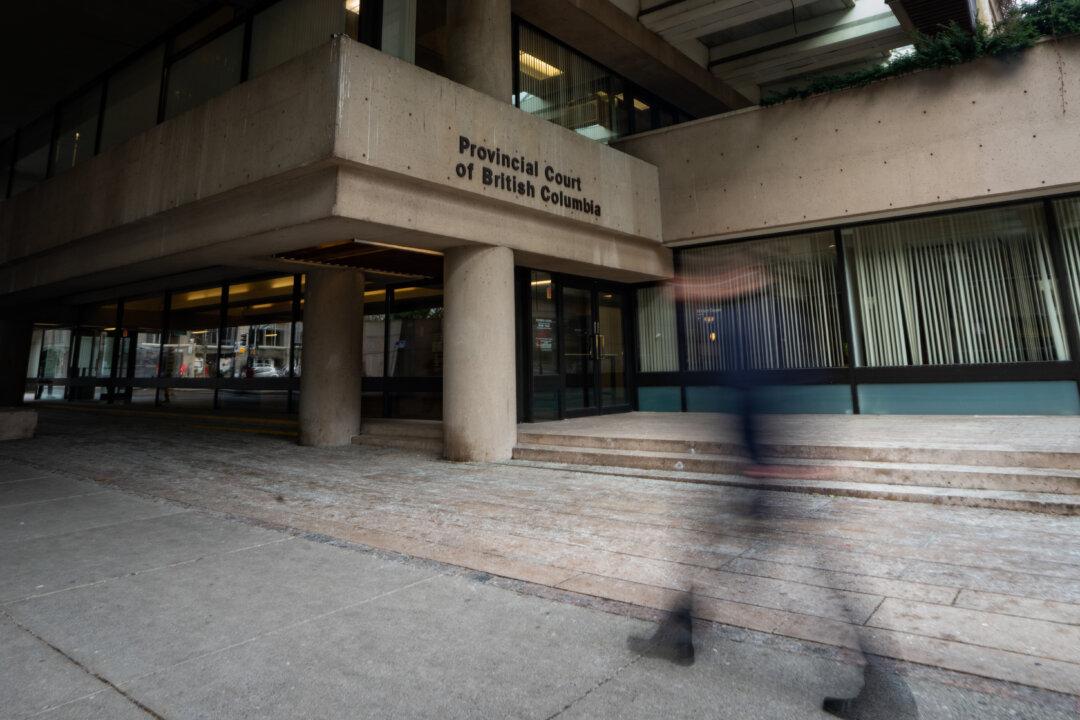A British Columbia judge is warning that what he calls a “tsunami” of Indigenous identity fraud cases is coming to Canadian courts.
Provincial Court Judge David Patterson says that’s driven by the “desire” of non-Indigenous people to access what they deem to be benefits of identifying as Indigenous.





